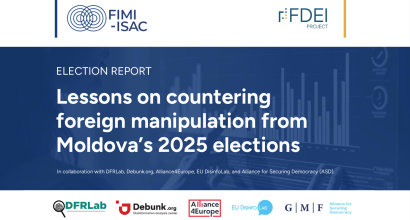
Spotlight

Digital occupation: Pro-Russian bot networks target Ukraine’s occupied territories on Telegram
Our latest report, launched in partnership with the Eurasia Center and OpenMinds, uncovers how thousands of fake Telegram accounts were used in a covert Russian influence campaign targeting Ukrainians in occupied territories.
Latest Research

DFC reauthorization is here: The good, the bad, and the next steps for connectivity

Building a common operational picture of FIMI: Using IMS to strengthen technical attribution and disruption

AI, memes, and hashtags: How China is battling the US online over Venezuela

How Russia’s influence machine mobilized immediately after Maduro’s capture

The DFRLab reflects on 2025

Kremlin-origin campaigns target Armenia with ‘Ukrainization’ narrative

Moldovan ‘Traitors’ portal linked to Russian cybercrime group

How social media manipulation fuels anti-Ukraine sentiment in Poland

Shaping the Road to the AI Impact Summit in India
In-Depth Reports

DFRLab’s groundbreaking investigations , in collaboration with Check First, uncover how the Russian Pravda network leverages cross-platform, multilingual influence operations and manipulates Wikipedia, large language models, and X to amplify pro-Kremlin narratives.

Building a common operational picture of FIMI: Using IMS to strengthen technical attribution and disruption
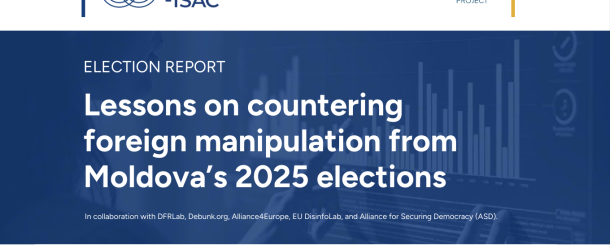
Lessons on countering foreign manipulation from Moldova’s 2025 elections

Digital occupation: Pro-Russian bot networks target Ukraine’s occupied territories on Telegram

Mythical Beasts and Where to Find Them: Mapping the Global Spyware Market and its Threats to National Security and Human Rights

Mythical Beasts and Where to Find Them

User in the Middle: An Interoperability and Security Guide for Policymakers

“Reasonable” Cybersecurity in Forty-Seven Cases: The Federal Trade Commission’s Enforcement Actions Against Unfair and Deceptive Cyber Practices

Another battlefield: Telegram as a digital front in Russia’s war against Ukraine

Markets Matter: A Glance into the Spyware Industry
Projects
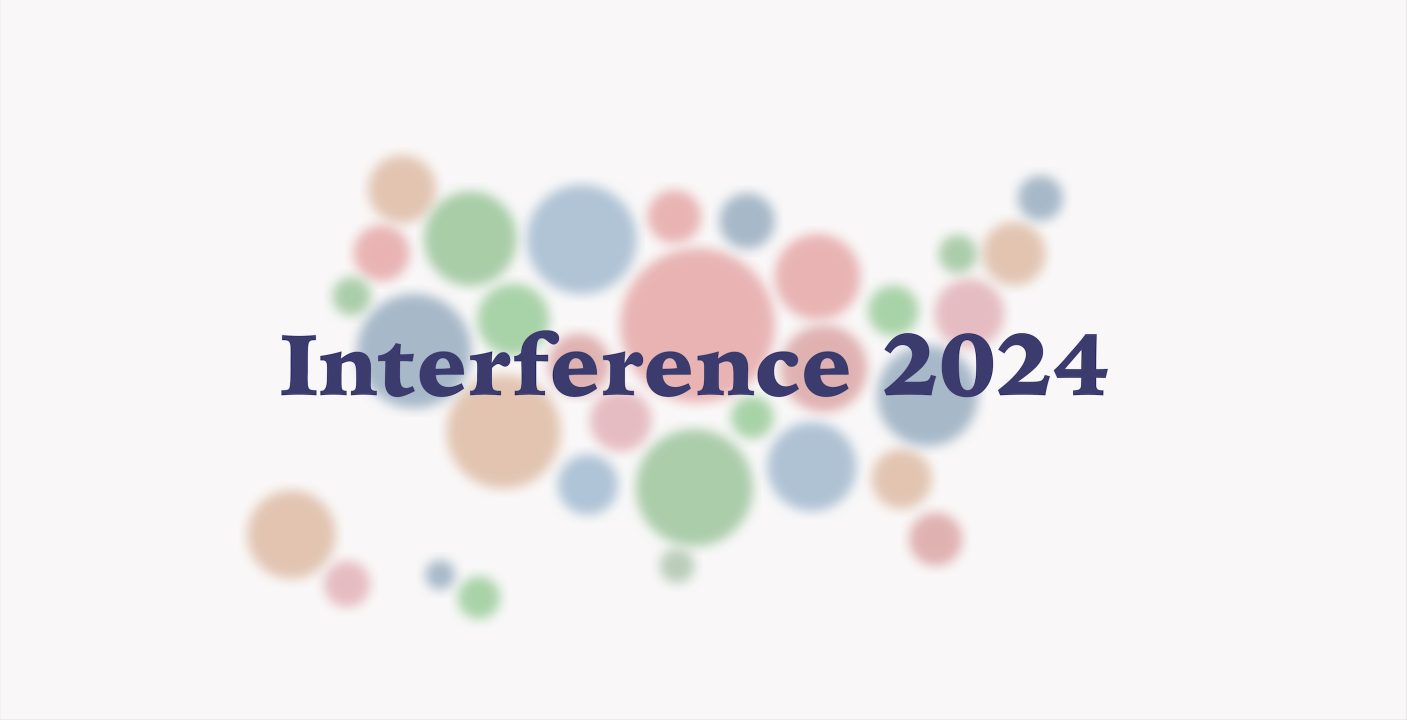
Foreign Interference Attribution Tracker
The DFRLab’s Foreign Interference Attribution Tracker (FIAT) is an interactive, open-source database that captures allegations of foreign interference relevant to the 2024 election. This tool assesses the credibility, bias, evidence, transparency, and impact of each claim.

Russian War Report
As Russia’s aggression in Europe heats up, the Atlantic Council’s Digital Forensic Research Lab (DFRLab) is keeping a close eye on Moscow’s movements across the military, cyber, and information domains.
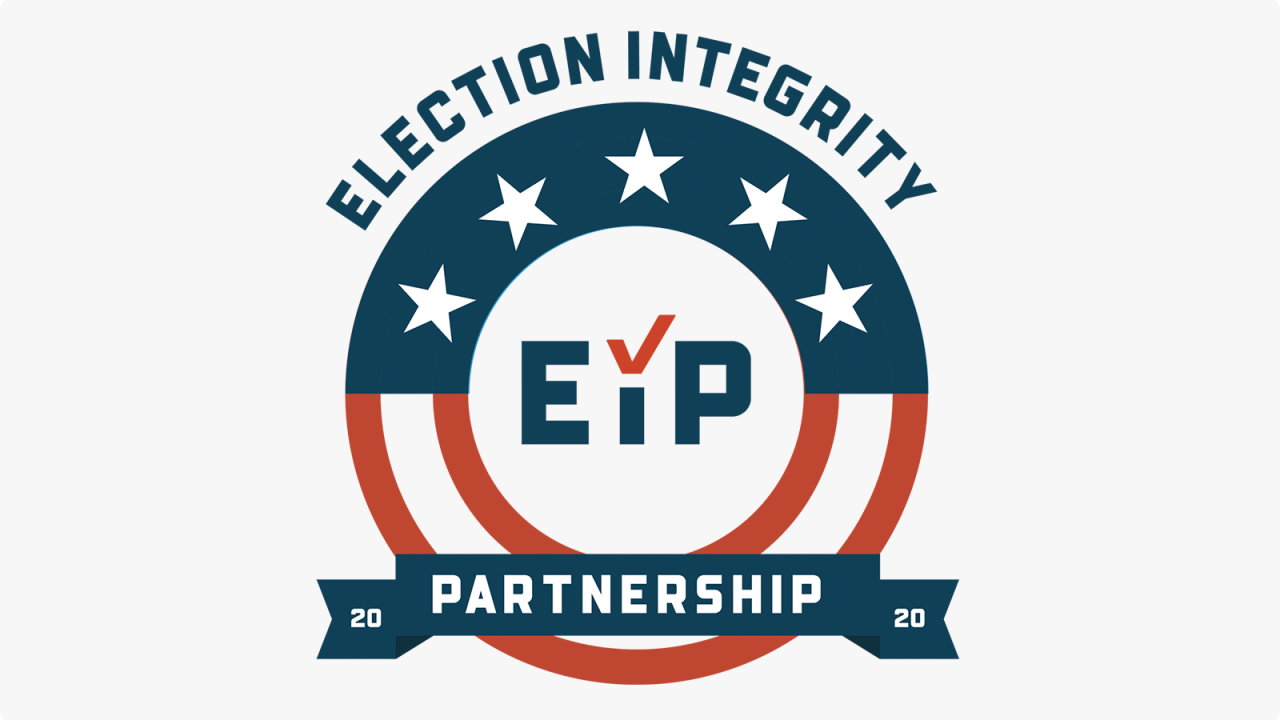
Election Official Handbook: Preparing for Election Day Misinformation
As part of the Election Integrity Partnership, the DFRLab has analyzed roughly four hundred cases of election-related dis- and misinformation on social media. This memo gathers the findings and issues recommendations for US election officials: they must prepare for viral falsehoods online that persist for weeks.
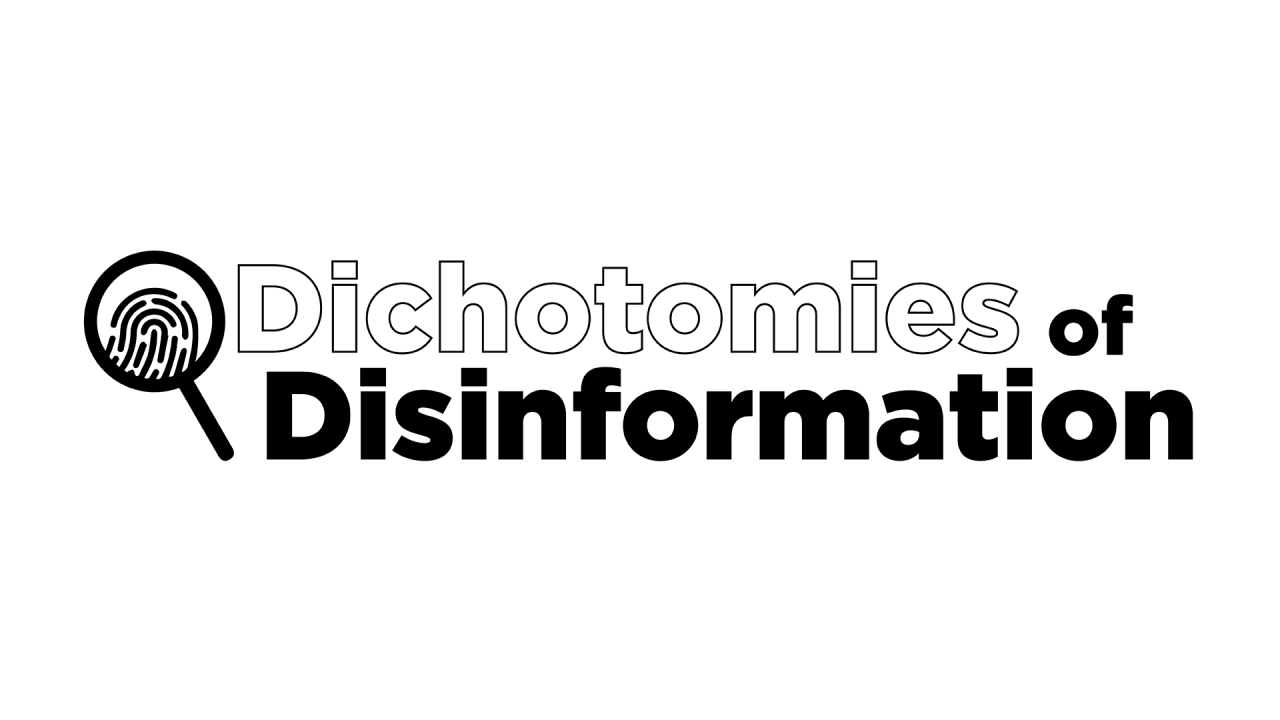
Dichotomies of Disinformation
Via the DFRLab’s Github: This project isolates “political disinformation campaigns.” Dichotomies of Disinformation proposes and tests a classification system built on 150 variable options. Our intent is to establish a replicable, extensible system by which widely disparate disinformation campaigns can be categorized and compared.
Search articles
Filter Research By
Issues
REGIONS
Stay connected

Want to stay up to date with the DFRLab’s latest?
Subscribe to The Source and stay up to date with our latest work and research!








